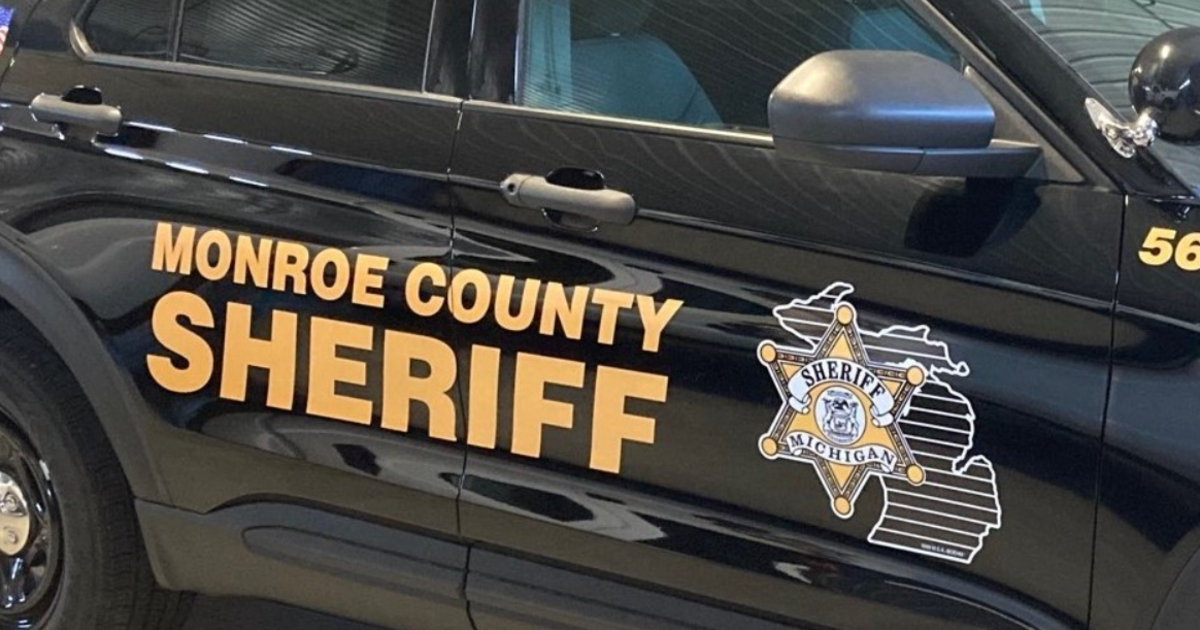A Look At Michigan Lawmakers' Final Weeks Before Break
By David Eggert, Associated Press
LANSING (AP) - Late-night drama over rescuing Detroit's school district capped lawmakers' closing days in Lansing before they broke for a summer recess.
The $617 million bailout ultimately passed — barely — by just one vote in both the House and the Senate after majority Republicans received a final warning from Gov. Rick Snyder about the disastrous consequences if Michigan's largest public school system had gone bankrupt.
The Detroit restructuring, along with completing the next state budget, were priorities. But legislators also finalized, advanced or left until later other legislation in recent weeks. A look at what happened:
Detroit Schools
The commitment of $72 million a year to pay off Detroit Public Schools debt over time — which will end the state's long-running management of the district — is the second bailout for Detroit since 2014, when the state pledged money to help end the city's bankruptcy.
Aid For Flint
The Legislature approved additional spending on the water crisis in Flint, whose residents continue to drink filtered or bottled water while living through a lead-contamination emergency blamed primarily on state environmental regulators and emergency managers. At least $235 million has been allocated this fiscal year and next, much of it state money.
Ballot Drives
Snyder signed into law a firm six-month window for groups to collect signatures for proposed initiated legislation or constitutional amendments. A marijuana legalization ballot committee, which unsuccessfully tried proving that signatures it gathered are valid despite being older than 180 days, is expected to sue.
Threat Alerts
Lawmakers sent Snyder a bill creating an Amber Alert-type system to quickly notify the public through TV, radio or text message of nearby threats such as a mass shooting or terrorist attack. The legislation was spurred by the random fatal shootings of six people in the Kalamazoo area in February.
Medical Marijuana
A bid to tax and regulate medical marijuana fell short in the Senate after bills were passed by the House last year. While voters authorized marijuana use for medical purposes in 2008, there is confusion over the legality of dispensary shops and non-smokable forms of the drug. Proponents of the legislation — which could come up again in the fall — say a tiered licensing and distribution system would generate tax revenue for local governments and ensure product safety for 200,000 patients.
Energy Bills
Wide-ranging updates to energy laws are now pending on the floors of both chambers after a Senate committee advanced bills, but it appears that one of Snyder's top legislative priorities will not be resolved soon. Legislators remain split over how much competition should face the state's two major utilities and issues such as renewable energy and efficiency requirements.
Criminal Justice
The fate of another of Snyder's priorities, criminal justice reform, is uncertain. House-passed bills would give the parole board less leeway to keep prisoners locked up past their earliest release date, prevent judges who did not originally issue a sentence from vetoing a parole and raise the age for adult offenders from 17 to 18. The Senate on Thursday OK'd a large package of bills focused on reducing recidivism and policies such as separating younger adult inmates from the rest of the prison population.
Accidental Tax Break
As part of the budget agreement, the Legislature voted to repeal an $80 million a year tax credit inadvertently given to auto insurers in 2012. The Senate then voted Thursday to aid the industry by capping benefits when people without car insurance are injured by another uninsured vehicle or are the victim of a hit and run. The House adjourned without voting.
What Else
Legislation that won approval from one chamber but will wait for further consideration until September at the earliest includes:
— Allowing for a 75 mph speed limit on some freeways where it now is 70, and authorizing a 60 mph limit on some highways with a 55 limit today.
— Giving people immunity from prosecution for calling 911 to report any drug overdose, regardless of their age. The bill would expand a 2015 "Good Samaritan" law that applies to people under 21 who report a prescription drug overdose.
— Paying exonerated inmates $50,000 for each year of their wrongful incarceration along with attorney fees.
— Revising appraisal rules to help communities that are forced to issue large refunds to big box retailers when the stores appeal to the Michigan Tax Tribunal, which critics say unfairly factors in vacant area "dark" stores in assessments.
Copyright 2016 The Associated Press. All rights reserved. This material may not be published, broadcast, rewritten or redistributed.



